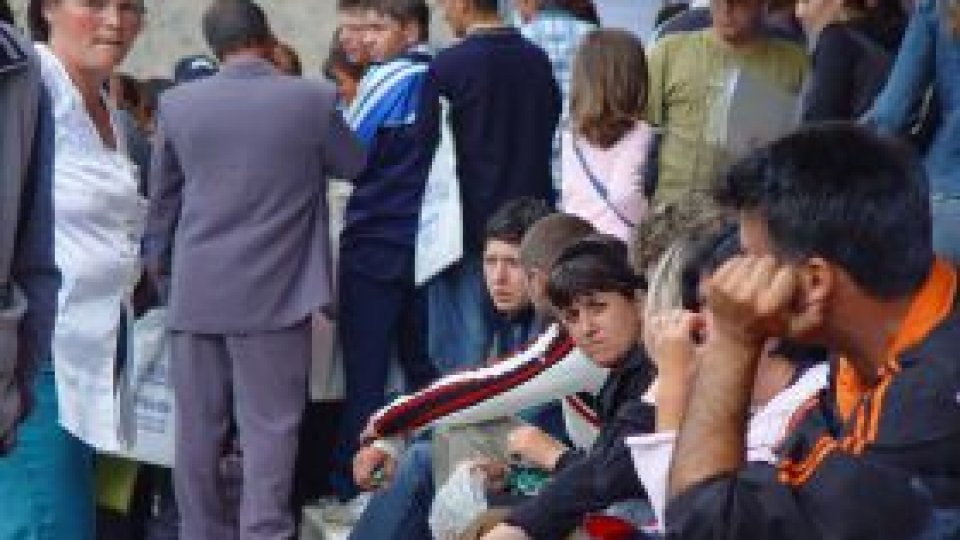Lay offs ‘haven’t made economy more competitive’
A study of the National Union Bloc (BNS) indicates that the reduction in the number of the employees hasn’t increased productivity.

29 Ianuarie 2011, 10:12
According to the study entitled ‘The Barometer of the Labour Productivity’, published today by the National Union Bloc (BNS), the reduction in the employees’ number hasn’t made the Romanian economy more competitive, it has only adjusted the production costs.
In the first 10 months of 2010 the employees’ number decreased in the public sector by 6 percent and in the private sector by 3 percent, which means that 170,000 people were laid off, without any significant change in the productivity aspect.
The BNS study contains data about the salary’s evolution too. Between January and November 2010, the average monthly salary decreased in the public sector by more than 20 percent, but increased ‘in the private sector’ by 5 percent.
In conclusion, the study ‘The Barometer of the Labour Productivity’ shows that the low productivity of the Romanian economy isn’t determined by the so-called high salaries, nor by the great number of employees.
As for the exports, they cannot constitute the base of the economic revival because the productivity in the export-oriented sectors is smaller than productivity in the internal consumption-oriented sectors, even during an economic crisis.
The situation of the companies owned by the State, the grade of absorption of the structural funds will be discussed by union leaders and experts from the International Monetary Fund (IMF), the World Bank and the European Commission next week.
After the meeting held on Friday, when these discussion topics were established, the BNS leader, Dumitru Costin, specified that he will explain to the experts, among others, the necessity for privatisation of State’s companies management.
The IMF mission to Bucharest will end on February 8 and the allocation of the last tranche of the loan contracted by our country two years ago, worth approximately one billion euros, depends on the results of this evaluation.
Translated by: Iulia Grosu
MA Student, MTTLC, Bucharest University














